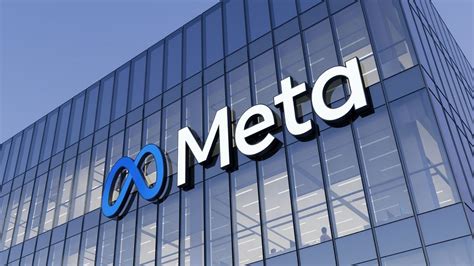Federal authorities in the United States are investigating Meta Platforms, the parent company of Instagram and Facebook, over suspicions of facilitating illegal drug sales on its social media platforms. Prosecutors in Virginia have initiated a criminal grand jury probe, issuing subpoenas and conducting inquiries to determine if Meta’s platforms are being exploited for drug sales, potentially resulting in profits for the company.
The Food and Drug Administration (FDA) is collaborating in the investigation, focusing on identifying and addressing “violative drug content” on Meta’s platforms and instances of illegal drug sales facilitated through them. However, both the prosecutors’ office and an FDA spokesperson declined to comment further on the matter.
In response to the allegations, a Meta spokesperson emphasized the company’s commitment to combatting illicit drug sales on its platforms, stating that Meta actively works to remove such content and collaborates with law enforcement authorities.
Meta has engaged external entities to screen advertisers and content for compliance with drug promotion and sale rules. However, the company’s practices have faced increased scrutiny, particularly amid concerns from lawmakers about the harmful impact of online content on young people, including drug promotion.
The investigation into Meta’s alleged involvement in drug sales echoes past efforts by the Justice Department to hold online platforms accountable for illegal activities. For instance, in 2011, Google forfeited $500 million for allowing Canadian pharmacies to target U.S. consumers with ads promoting the unlawful importation of prescription drugs.
Recent bipartisan efforts have highlighted concerns about the marketing of prescription drugs on social media platforms. Senators have urged the FDA to take action against such practices, citing previous reporting on telehealth company ads promoting easy access to prescription drugs.
As the investigation into Meta Platforms unfolds, it underscores broader challenges for social media companies in policing illegal activities while balancing free speech and regulatory compliance. The outcome could have significant implications for Meta and the broader social media landscape in terms of accountability and regulatory oversight.

